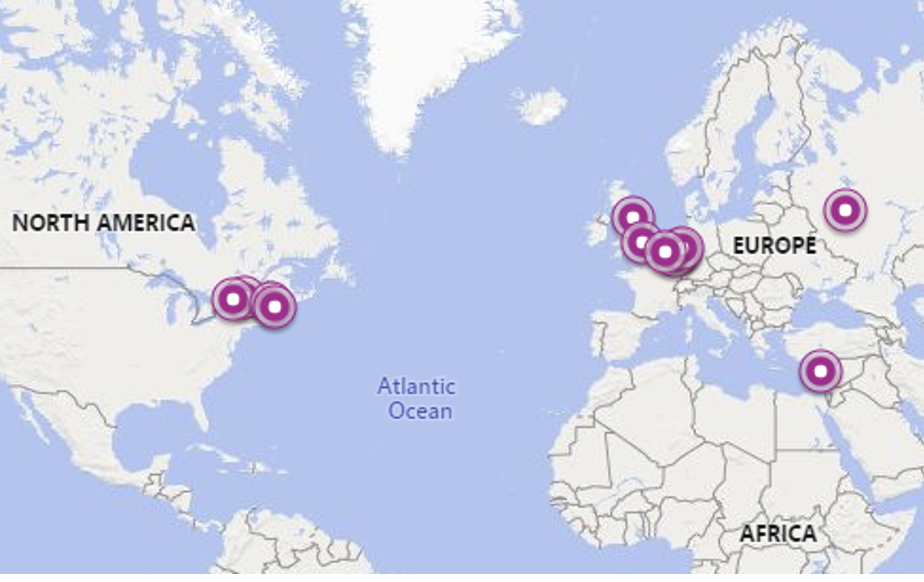By Keith Fargo, Chief Scientific Officer
At the CMT Research Foundation, we believe that more is achieved when people work together than when they work individually. This is especially true in biomedical research. Over the past few decades, a seismic shift has occurred in science with cooperation becoming more mainstream. Research teams have become larger and more specialized, collaborations have formed across borders and even between continents, and “big data” gathered by many different groups and institutions has enabled discoveries never before possible.
We recently saw an example of this in the CMT field with the publication of a paper about two new biomarkers for CMT. In the hunt for biomarkers that could work both in patients and in animal models (to speed therapeutic research), Professor Rita Horvath of the University of Cambridge knew that she would need samples from many different research groups, so she reached out to her colleagues to develop a collaborative effort. Over the course of the project, the group contributed patient samples from people with CMT1A, CMT2D, CMT2N and other subtypes, and animal model samples from mice modeling CMT1A, CMT2D, CMT1X, and CMT2L. In the end, the collaborative group consisted of researchers from 13 universities and 7 countries across North America and Europe.

The resulting paper was published online on February 10, 2022, in the biomedical research journal Brain and describes the discovery of two new potential biomarkers – NCAM1 and GDF15. These biomarkers may be useful as diagnostics, in tracking the progression of CMT, and even in therapeutic studies in animal models. (The paper, while written for a technical audience, is available freely to the public here.)
This discovery was only possible because of the willingness of the scientists to collaborate and share their precious samples and data. Moreover, funding for this research was provided by a remarkable array of 30 different agencies, including governments and private organizations. The CMT Research Foundation is proud to have participated through our support of Professor Kleopas Kleopa at the Cyprus Institute for Neurology and Genetics who contributed samples from his recently completed project described here. You can read more about this project and all the research we fund.
We congratulate Drs. Horvath, Kleopa, and the entire international team, and we look forward to seeing the impact of these discoveries on the field.
